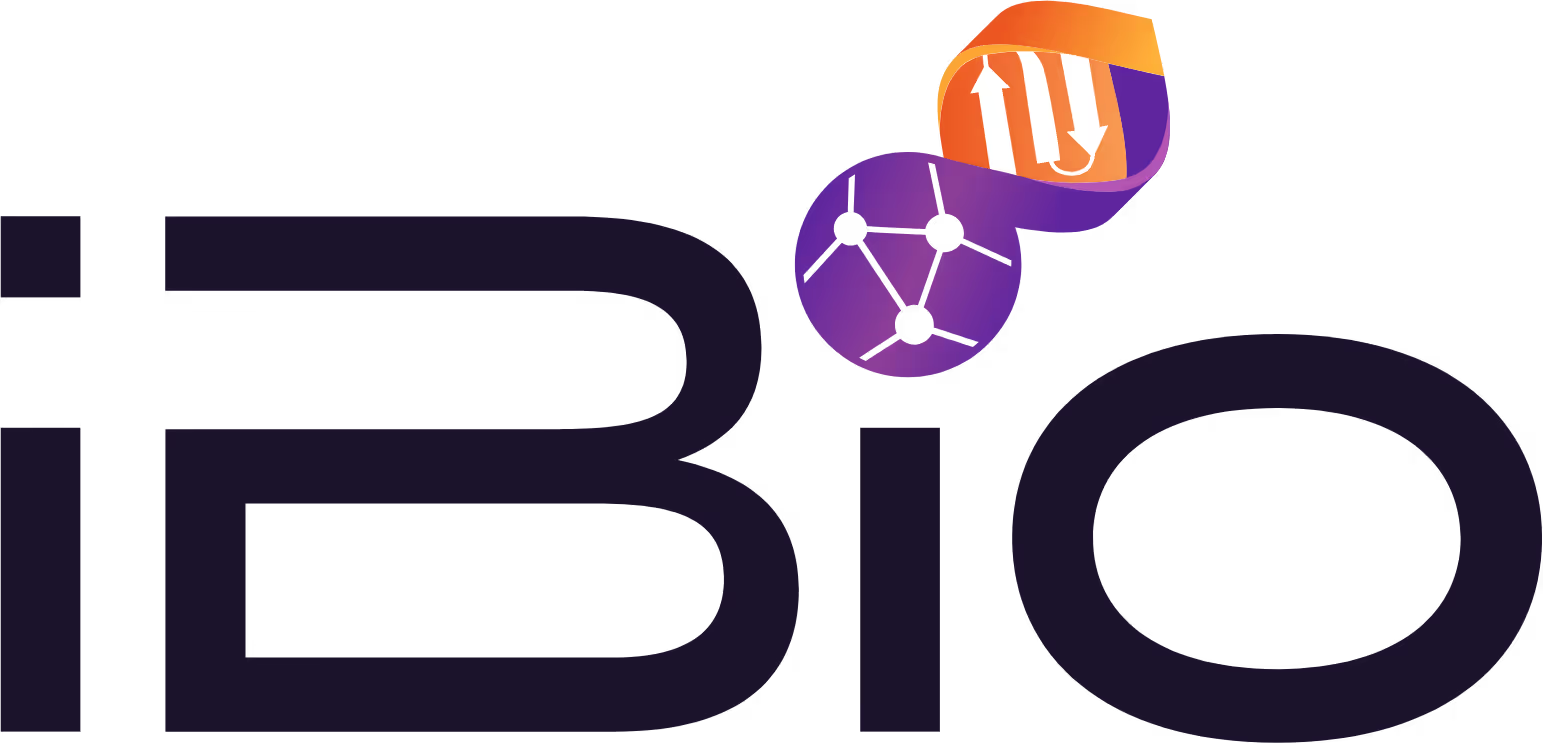What we do
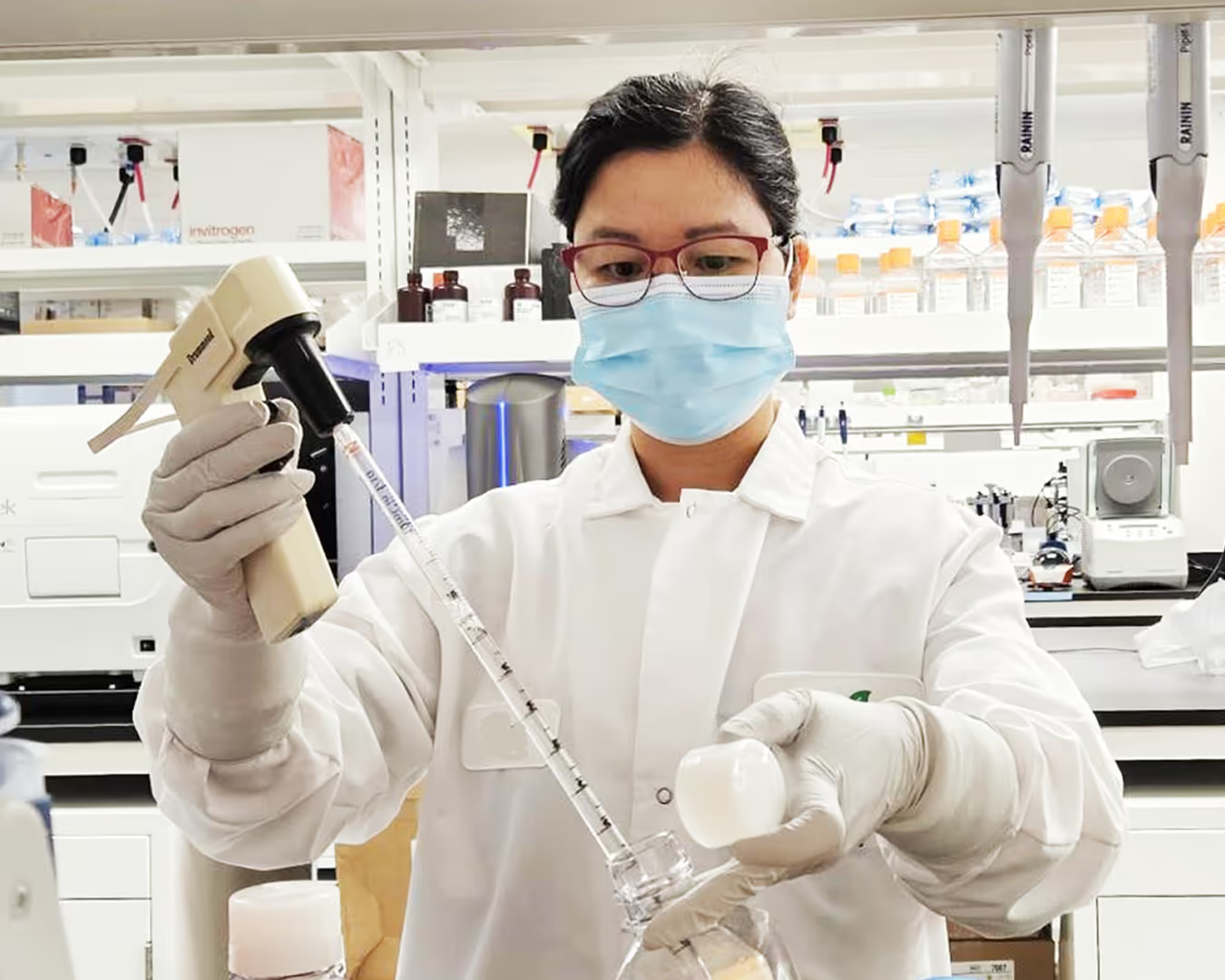

What defines us
Patient-focused programs
Clinical translation
Cross-disciplinary integration
sharpen predictions and accelerate antibody and drug discovery for hard-to-drug targets.
Meet Our Leadership Team
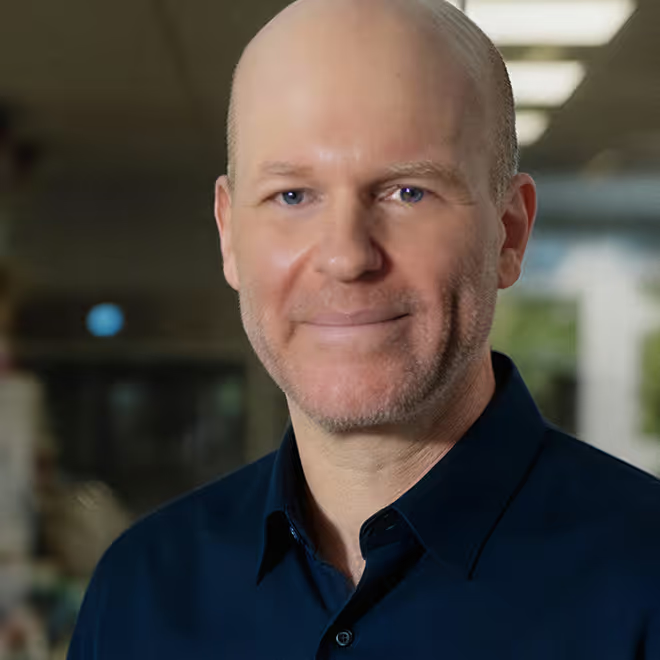
Martin Brenner, DVM, Ph.D.
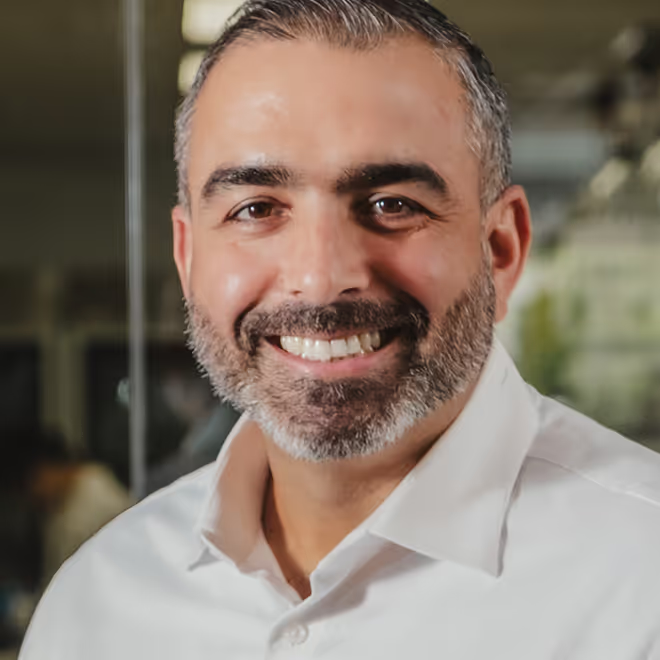
Felipe Duran

Marc Banjak
Board of Directors
Chip Clark
Martin Brenner, DVM, Ph.D.
David Arkowitz
Alexandra Kropotova, M.D.
António Parada
Eef Schimmelpennink
Gary Sender
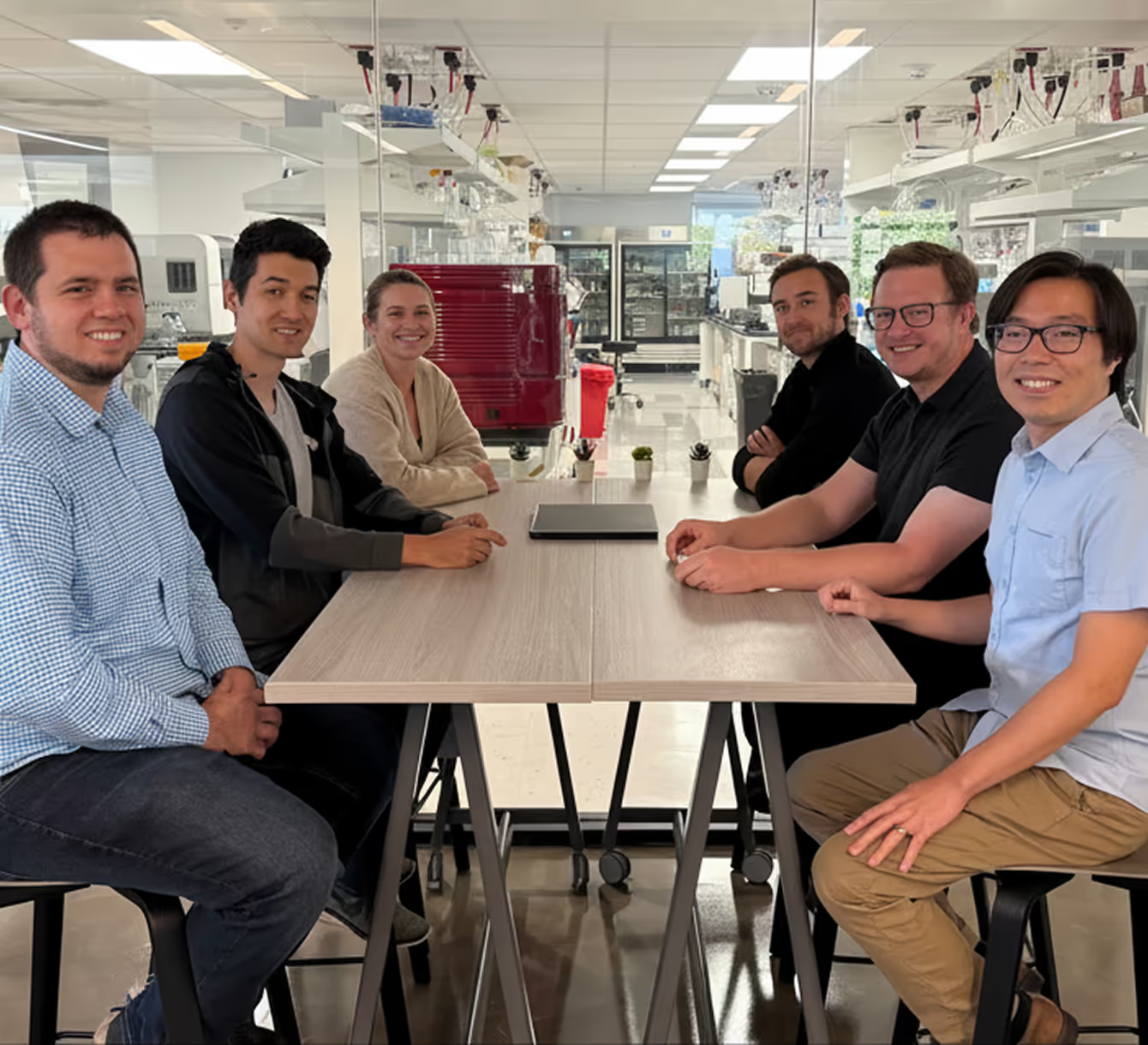
Explore a career with us

Eef Schimmelpennink
Eef Schimmelpennink

Eef Schimmelpennink
Eef Schimmelpennink
In an executive leadership career spanning more than 20 years, Mr. Schimmelpennink has applied his strategic and functional expertise across corporate development, commercial operations, manufacturing, and R&D to help build and scale a number of global public and private biopharmaceutical businesses. He currently serves as President and CEO of LENZ Therapeutics, a biopharmaceutical company with a lead late clinical-stage program that represents a potential best-in-class therapy for presbyopia.
Previously, he served as CEO of Pfenex Inc., a NYSEA-listed company which, using its patented Pfenex Expression Technology® platform, created an advanced pipeline of therapeutic equivalents, vaccines, biologics and biosimilars. Pfenex was acquired by Ligand Pharmaceuticals Incorporated for approximately $516 million (including contingent value rights) in October 2020. Previously, Mr. Schimmelpennink served as CEO of Alvotech Ehf, a global biopharmaceutical company focused on becoming a leader in the biosimilar monoclonal antibody market. Prior to joining Alvotech, he held variety of progressive roles with Pfizer Inc., Hospira, Inc., Synthon BV and Numico NV. Mr. Schimmelpennik also serves on the board of directors of Pipeline Therapeutics, Inc. Mr. Schimmelpennink holds a Masters in Bioprocess Engineering from the Wageningen University in the Netherlands.

Gary Sender
Gary Sender

Gary Sender
Gary Sender
Gary Sender is currently President of Sender Consulting LLC and previously served as the Chief Financial Officer of Nabriva Therapeutics plc from 2016 until his retirement in 2021. Nabriva was a Nasdaq-listed biopharmaceutical company engaged in the commercialization and development of innovative anti-infective agents to treat serious infections. Prior to joining Nabriva, he served as CFO and Executive Vice President at Synergy Pharmaceuticals from 2015 to 2016. From 2009 until 2015, Mr. Sender served as Senior Vice President, Finance at Shire Plc., supporting its Specialty Pharmaceuticals business and subsequently its Global Commercial businesses. Mr. Sender also serves on the board of directors of Schrodinger Inc., Harmony Biosciences Holdings, Inc. and Apnimed, Inc.. He is the Chairman of the three Board’s Audit Committees. Mr. Sender received his B.S. from Boston University and an M.B.A from Carnegie-Mellon University.

Alexandra Kropotova, M.D.
Alexandra Kropotova, M.D.

Alexandra Kropotova, M.D.
Alexandra Kropotova, M.D.
Dr. Kropotova is a biopharmaceutical executive with 20+ years of global R&D experience in all phases of global clinical development, translational medicine, and medical affairs. Currently, she is Executive Vice President & Chief Medical Officer at SAb Biotherapeutics, leading the strategy, direction, and execution of the company’s portfolio of innovative polyclonal antibody assets. Prior to joining SAb Biotherapeutics, Dr. Kropotova was Therapeutic Area Head of Global Specialty R&D at Teva Pharmaceuticals, leading innovative drug development across a broad portfolio of immunology and immuno-oncology assets spanning from pre-IND to BLA/NDA filing of biologics and complex drug-device combination products. Dr. Kropotova also served in various roles at Sanofi, including Vice President, Strategy & Strategic Planning Head, North American Medical Affairs; Associate Vice President and subsequently Vice President, Immuno-Inflammation, Global R&D Clinical Development; and Senior Medical Director, Respiratory, Allergy & Anti-Infectives. She also served in various roles at Wyeth and Pfizer. Dr. Kropotova received her MBA from Ohio University Graduate School of Business, Athens, Ohio; and her M.D. in Internal Medicine from the Vladivostok State Medical University, Vladivostok, Russia.

Chip Clark
Chip Clark

Chip Clark
Chip Clark
Mr. Clark has more than 30 years of biopharmaceutical experience. He is currently the CEO of Altido Therapeutics. Before joining Altido, he was the Co-founder and CEO of Vibrant Biomedicines, a venture-backed developer of vaccines targeted bacterial pathogens. Prior to joining Vibrant Biomedicines, Mr. Clark served as Chief Executive Officer of Nasdaq-listed biopharmaceutical company, Genocea Biosciences, Inc. Prior to joining Genocea, Mr. Clark was Co-founder and Chief Business Officer at Vanda Pharmaceuticals Inc., a company he co-founded in 2004. Previously, he was a Principal at Care Capital, LLC, and worked at SmithKline Beecham Corporation (now part of GlaxoSmithKline plc) in a variety of strategic and operational roles. Mr. Clark holds an MBA from The Wharton School at the University of Pennsylvania and a BA from Harvard University.

António Parada
António Parada

António Parada
António Parada
António Parada is the Founder and most recently served as the CEO of FairJourney Biologics, a leading antibody discovery company supporting over 250 global clients. He founded the company in May 2012, and in June 2024, Partners Group acquired a majority stake in FairJourney. Previously, Mr. Parada was General Manager of Instituto de Biologia Molecular e Celular (IBMC) in Porto, Portugal (2002–2013), Manager of the Clinical Trial Unit at IPO Porto (2011–2012), and Site Manager of Ablynx's “Centre of Excellence in Phage Display” (2008–2012). In 2002, he founded the BioCodex Group, a consulting firm, and served as CEO until 2008. Mr. Parada was also a Board Member of CDEMAC (2014–2017) and is currently Chairman of the Supervisory Board of EMBLEM since 2011. He has authored 15 peer-reviewed publications in pharmacology and others in botany, management, and security. Mr. Parada holds a degree from the University of Porto and an MBA from the Portuguese Catholic University. He has received the Medal of Merit from Porto and a career award from Matosinhos.

David Arkowitz
David Arkowitz

David Arkowitz
David Arkowitz
David Arkowitz brings over 30 years of experience in finance, operations, business development, and commercial leadership within the life sciences and biotech sectors. He is currently the CFO of Alkeus Pharmaceuticals, a privately held late-stage biopharma company focused on preserving sight in individuals with retinal diseases. Before joining Alkeus, Mr. Arkowitz was EVP, CFO, and Head of Business Development at Seres Therapeutics. He also served as CFO at Flexion Therapeutics, which was acquired by Pacira Biosciences, and as COO and CFO of Visterra, acquired by Otsuka Pharmaceuticals. Earlier in his career, he held CFO roles at Mascoma, AMAG Pharmaceuticals and Idenix Pharmaceuticals, where he also contributed in various leadership capacities. Mr. Arkowitz spent over 13 years at Merck, where he was VP and Controller of the U.S. pharmaceutical business, Controller of the global R&D division, and CFO of Merck’s Canadian subsidiary. In addition to his executive roles, Mr. Arkowitz serves on the board of directors of Kineta and has previously been a board member of F-star Therapeutics, Yumanity Therapeutics, Spring Bank Pharmaceuticals, Proteostasis Therapeutics, Aegerion Pharmaceuticals, and ImpactRx.

Marc Banjak
Marc Banjak

Marc Banjak
Marc Banjak
Mr. Banjak joins iBio with over 15 years’ experience in the biotechnology and contract research industries. He previously served as the first general counsel of both Istari Oncology and Dova Pharmaceuticals, leading the legal and compliance functions within both organizations. While at Dova, Mr. Banjak advised the company through a number of clinical and corporate milestones, including FDA and EMA approvals, a secondary public offering, and the acquisition of Dova by Swedish Orphan Biovitrum AB. Prior to that, he negotiated strategic contracts and advised on Foreign Corrupt Practices Act (FCPA) and Anti-Bribery matters, as well as labor issues, at PRA Health Sciences.
His industry experience spans rare disease biotechnology companies, global contract research organizations, and medical device companies. Prior to entering the biotechnology and contract research industries, Mr. Banjak served as an active duty officer in the U.S. Air Force in a variety of legal roles. Mr. Banjak was admitted to the Colorado state bar. He earned his JD from the University of Denver School of Law and a BA in Psychology from Franklin and Marshall College.

Felipe Duran
Felipe Duran

Felipe Duran
Felipe Duran
Mr. Duran served as iBio’s Vice President of Financial Planning and Analysis (FP&A) from April 2021 to February 2023. In that capacity, he played a strategic role in the Company’s forecasting, business planning, management reporting, and business analytics activities.
From 2016 to 2021, Mr. Duran served as the Executive Director (CFO) of Lupin Latin America, a subsidiary of Lupin Pharmaceuticals, the third largest generic pharmaceutical company in the United States. During his tenure at Lupin, he increased regional net sales by double digits by implementing robust commercial pricing strategies and spearheaded the subsidiary’s transition into a positive EBITDA business. In addition to his Latin America responsibilities, he ran the U.S. R&D finance group, managing and providing guidance on strategy and pipeline. Prior to joining Lupin Pharmaceuticals, Mr. Duran held numerous strategy positions at Teva Pharmaceuticals in both its growth markets and Latin America offices. He also worked as a Manager, FP&A for both Bupa and Noven Pharmaceuticals. Mr. Duran holds a B.A. in Finance and an M.B.A. from the University of Miami.

Martin Brenner, DVM, Ph.D.
Martin Brenner, DVM, Ph.D.

Martin Brenner, DVM, Ph.D.
Martin Brenner, DVM, Ph.D.
Dr. Brenner has a strong history of success heading drug discovery and development teams at several of the world’s leading pharmaceutical companies, including AstraZeneca, Eli Lilly and Company, Pfizer Inc., and Merck Research Laboratories. Most recently, Dr. Brenner served as the CSO at Pfenex Inc., which, using its patented Pfenex Expression Technology® platform, created an advanced pipeline of therapeutic equivalents, vaccines, biologics, and biosimilars. Pfenex was acquired by Ligand Pharmaceuticals Incorporated for approximately $516 million in October 2020.
Previously, Dr. Brenner served as the CSO at Recursion Pharmaceuticals, Inc., a company focused on accelerating drug discovery for rare diseases and diseases with high unmet medical need. Prior to his time at Recursion, he was Vice President and Head of Research & Early Development at Stoke Therapeutics, Inc., a biotechnology company using antisense oligonucleotides to increase gene expression for the treatment of rare diseases. Prior to Stoke, he was Executive Director at Merck, where he built a biotech unit from scratch, focusing his team’s research on diabetes and nonalcoholic steatohepatitis (NASH). Earlier in his career, Dr. Brenner was the Senior Director and Head of cardiovascular, renal, and metabolism (CVRM) biosciences at AstraZeneca. In addition, Dr. Brenner was an Associate Research Fellow at Pfizer where he led the islet biology and in vivo pharmacology in the CVMED Target Exploration Unit before assuming the role of Head of the Insulin Resistance Group.
